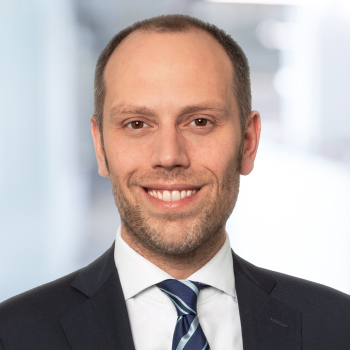
The VIIth Chamber of the Federal Fiscal Court has ruled that customised orthopaedic inlays manufactured by Gleiss Lutz’s client are not subject to the standard rate of VAT (19 percent), but instead fall under the reduced VAT rate of seven percent, because the inlays fall under tariff item no. 9021 10 of the Combined Nomenclature (CN) (case no. VII R 1/18). The German VAT Act does not stipulate which VAT rate is applicable in an individual case; for the inlays this depends on their classification under the tariff lines of the Combined Nomenclature.
The Court held that even a temporary adjustment of a potentially chronical orthopaedic condition is sufficient to change classification of the inlays to 9021 10 of the CN and apply the reduced VAT rate. Patients and health insurance providers alike benefit from this development, as they would otherwise have to pay the standard VAT rate of 19 percent on such therapeutic aids.
At first instance, the Baden-Württemberg Finance Court had ruled that in order for an inlay to be eligible for a lower VAT rate it would have to continue to have a healing effect even after it is no longer worn. The Federal Fiscal Court agreed with the argument of Gleiss Lutz’s client, ruling that in order to be eligible for tax privileges it is sufficient that a malalignment is corrected, without having to achieve a permanent cure.
The judgment not only affects orthopaedic inlays, but also numerous other orthopaedic and prosthetic devices classified under 9021 10 of the CN such as crutches, bandages, wheelchairs, implants and hearing aids, frequently used to treat chronical conditions or compensate for disabilities, without achieving the partial healing required by the tax authorities and the finance court.
The Federal Fiscal Court did not consider Regulation 696/2012, adopted specifically by the European Commission for inlays, to be applicable and held that the European Commission did not have the competence to amend the CN by means of a classification regulation.
An interdisciplinary team of lawyers from Gleiss Lutz’s healthcare (Berlin) and tax (Hamburg) practices advised the plaintiff on its complaint against denial of leave to appeal and its appeal on points of law: Dr. Reimar Buchner (partner, lead, healthcare, Berlin), Dr. Johann Wagner (partner, tax, Hamburg), Dr. Enno Burk (counsel, healthcare, Berlin), Dr. Jens Wrede (tax, Hamburg).
